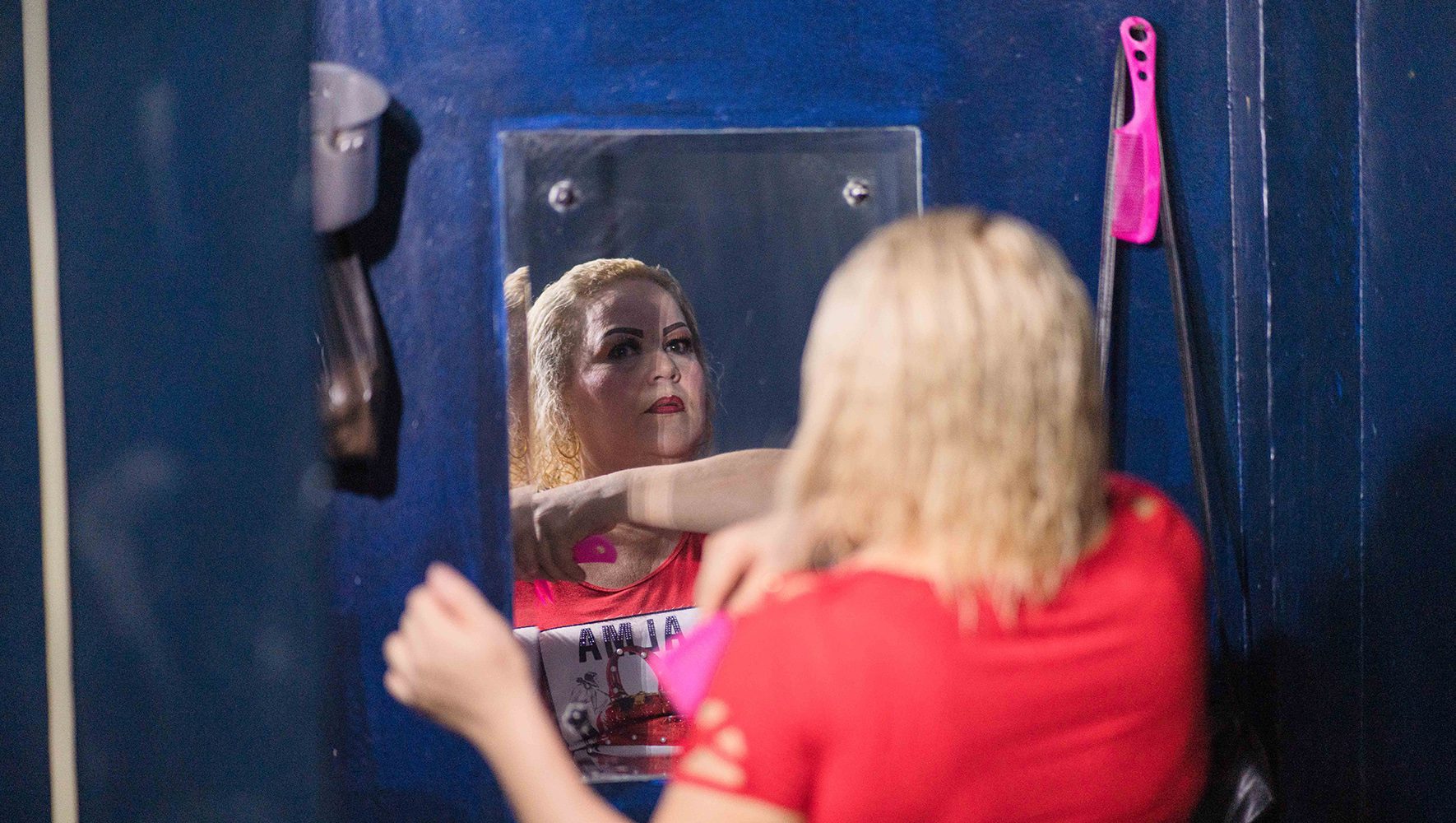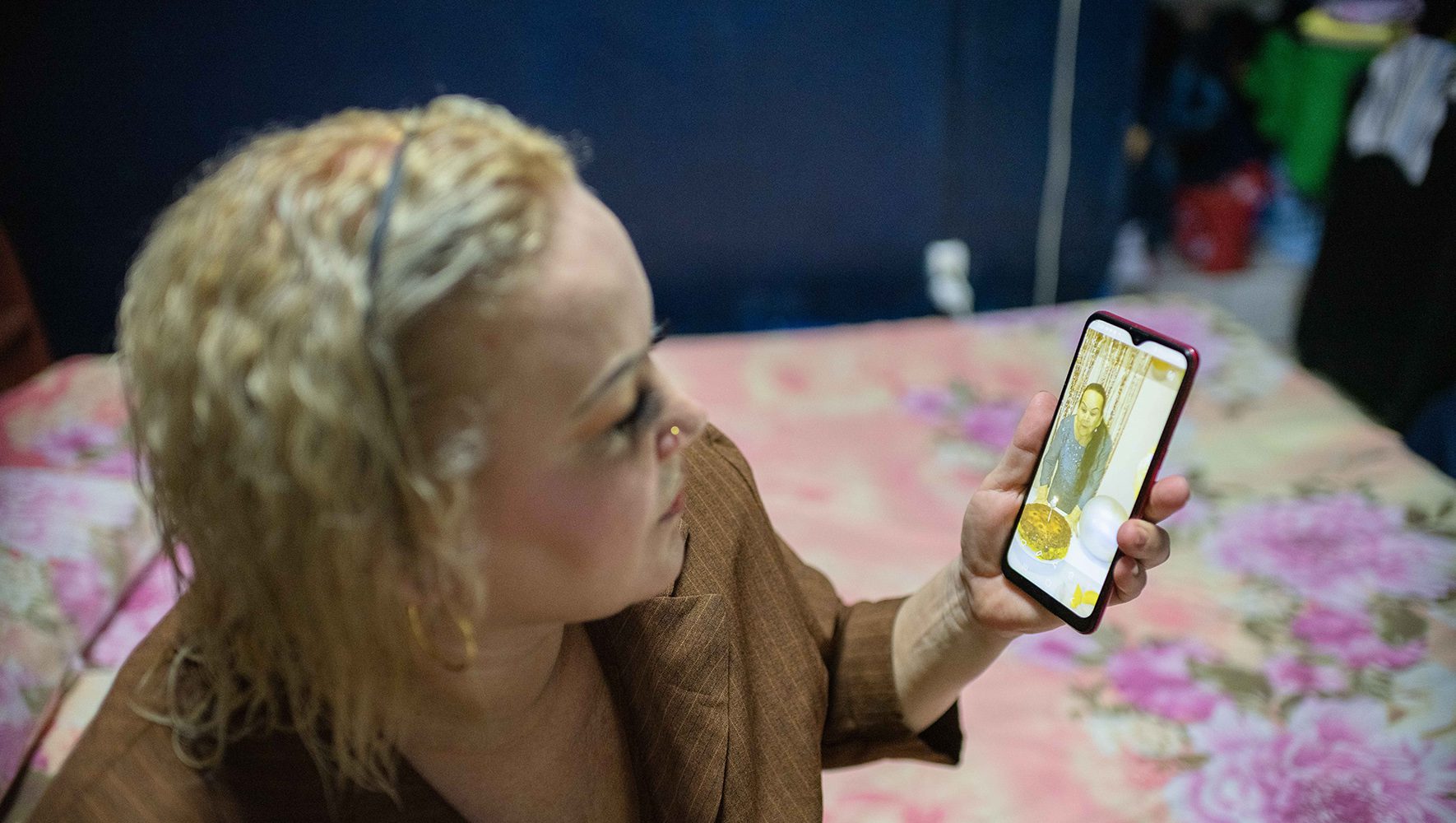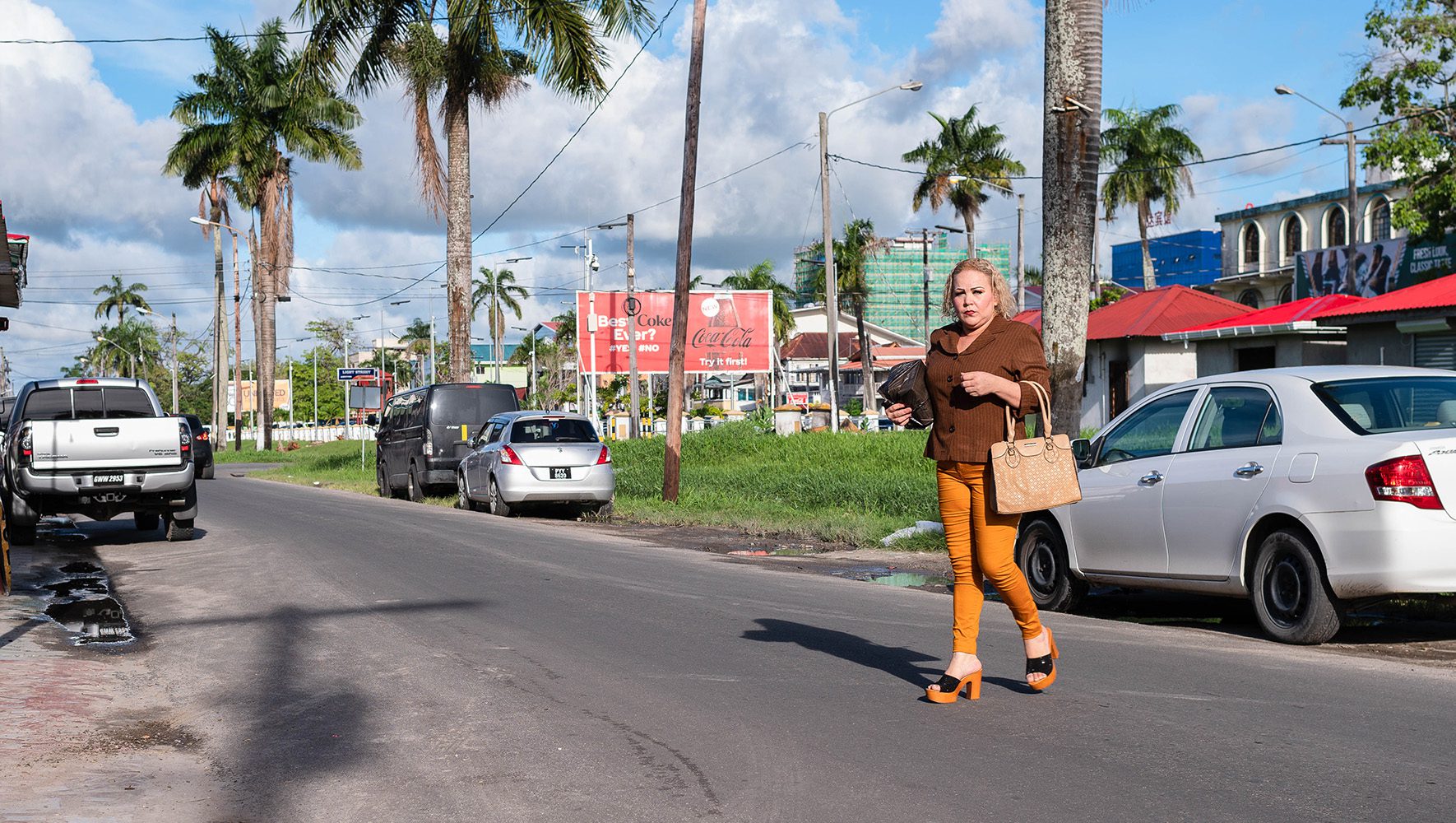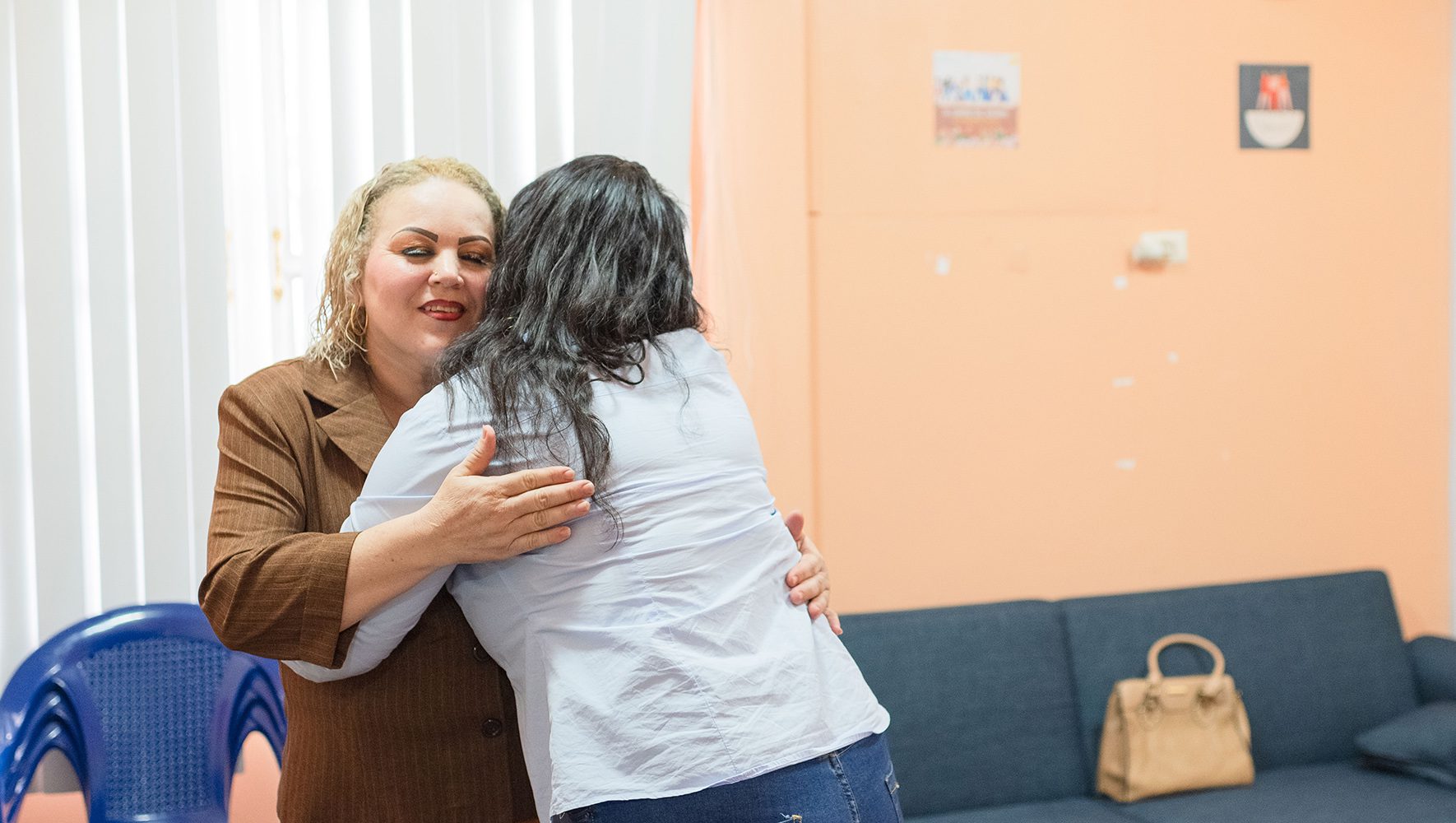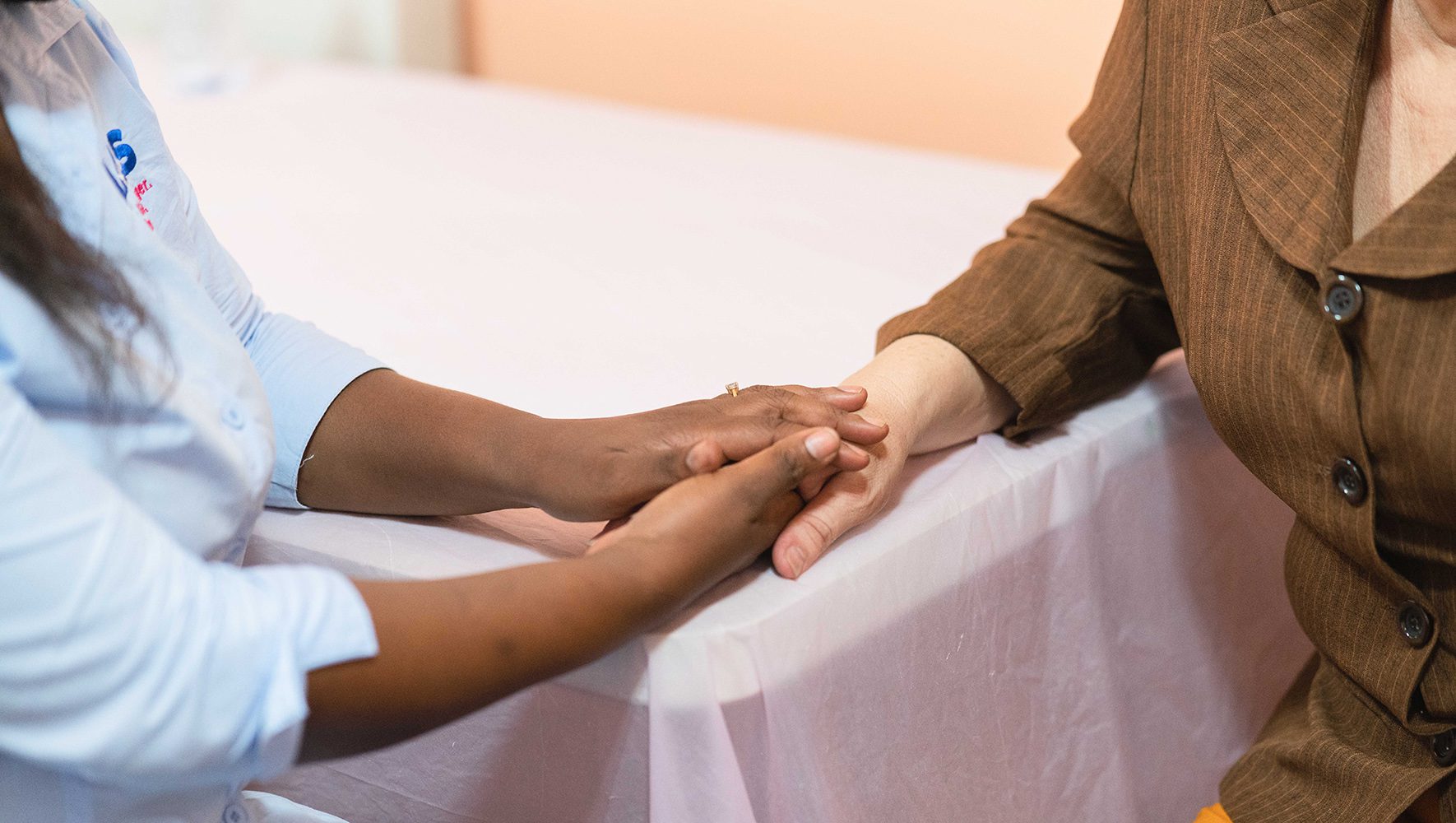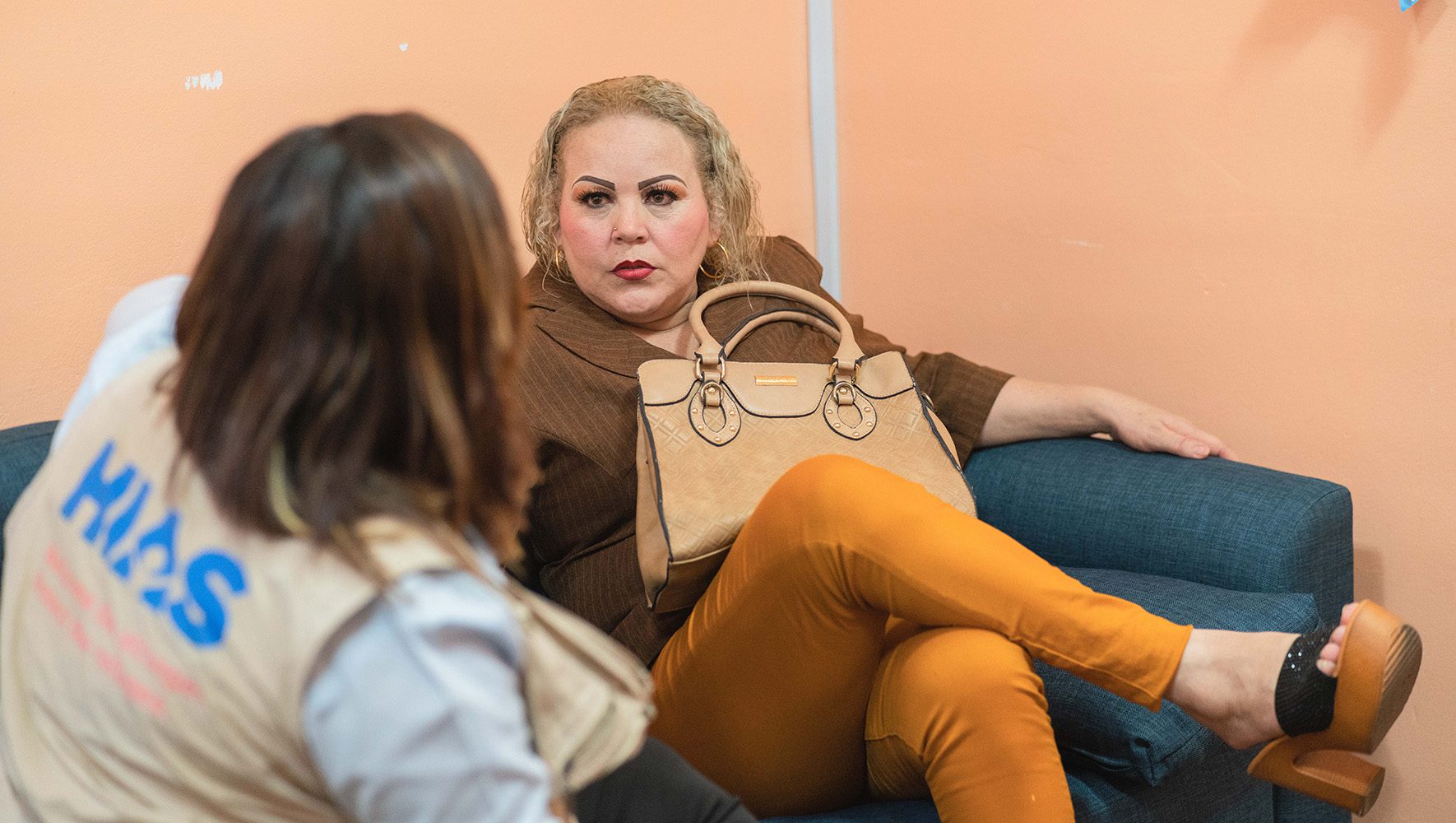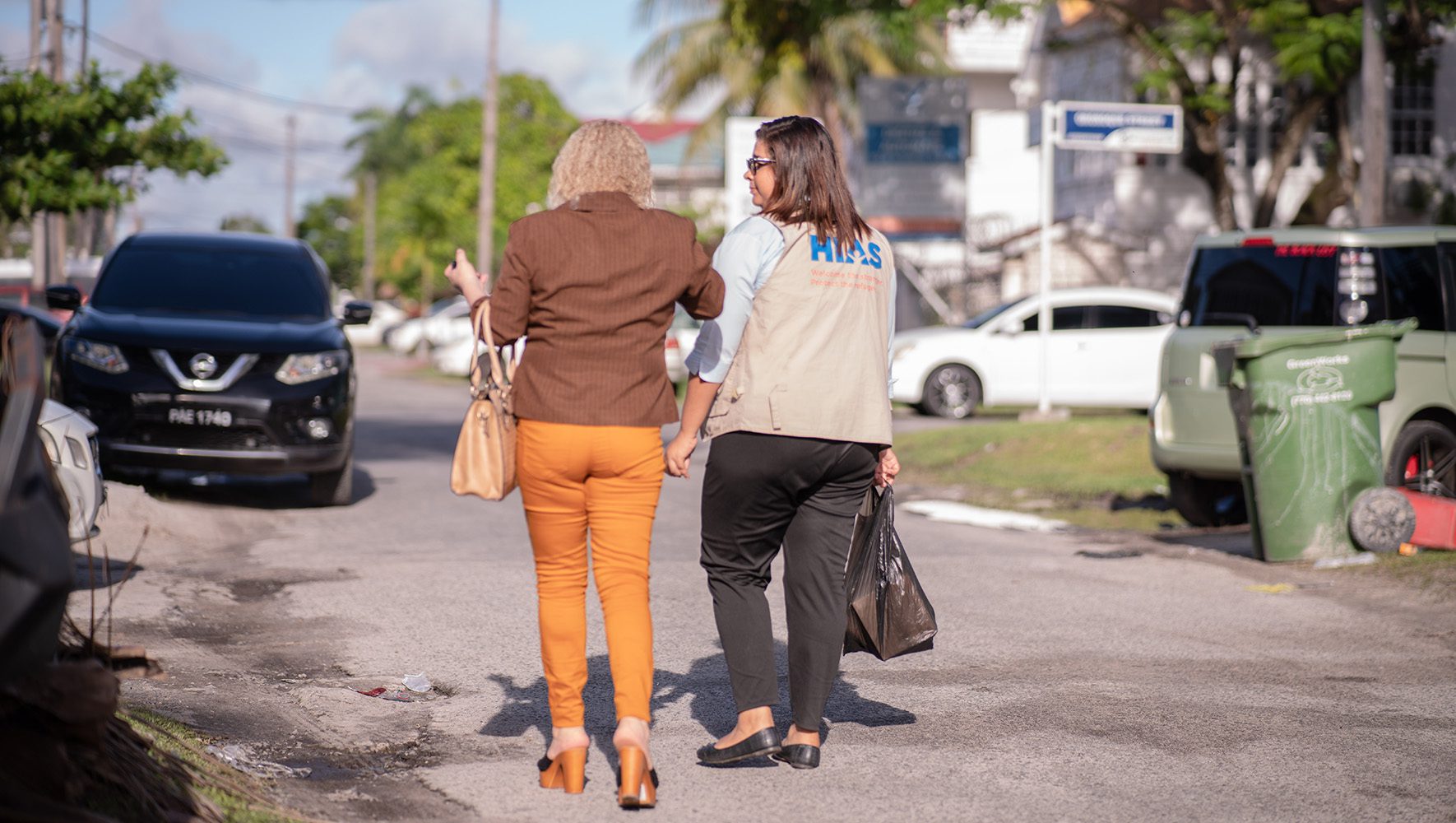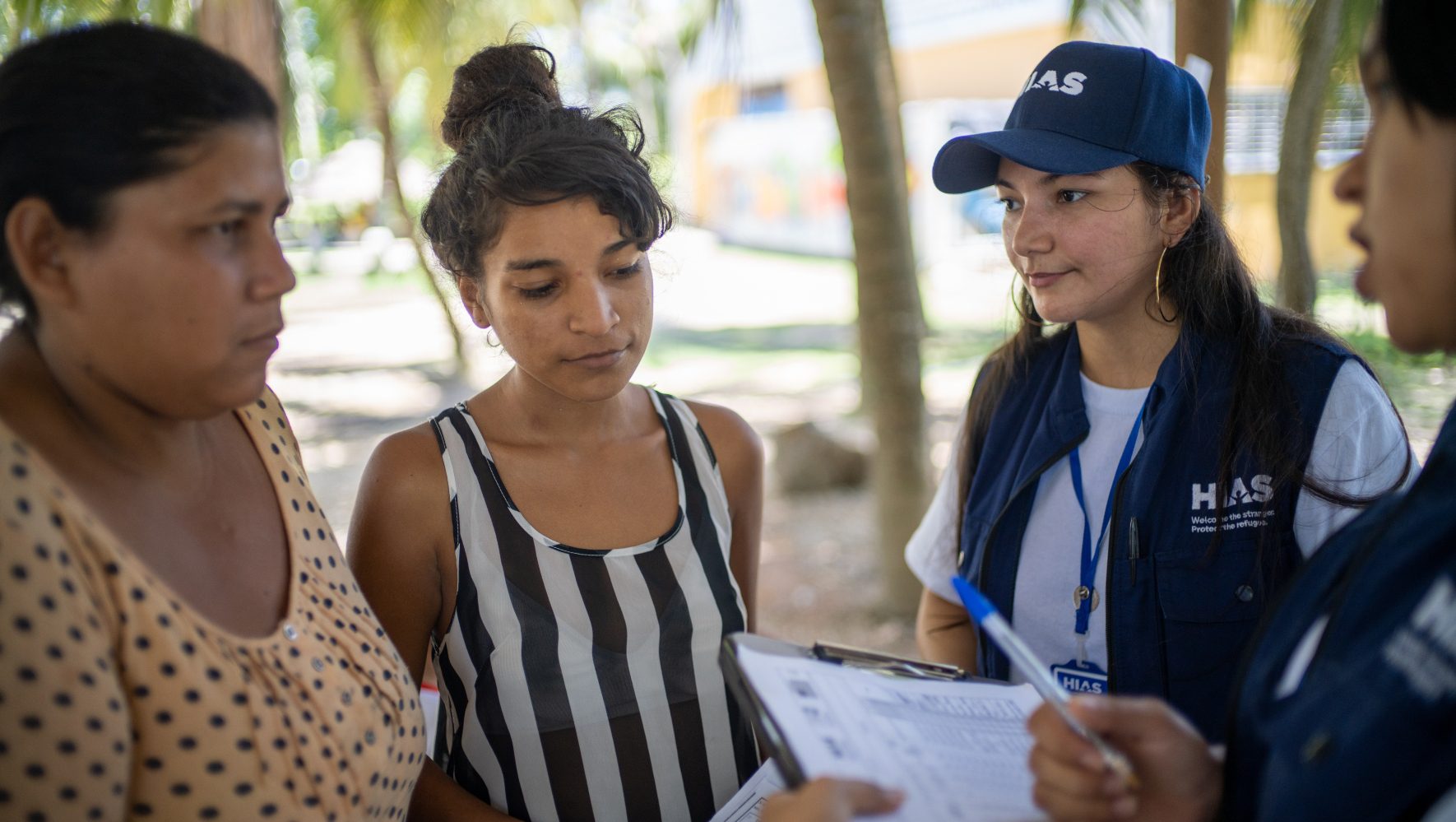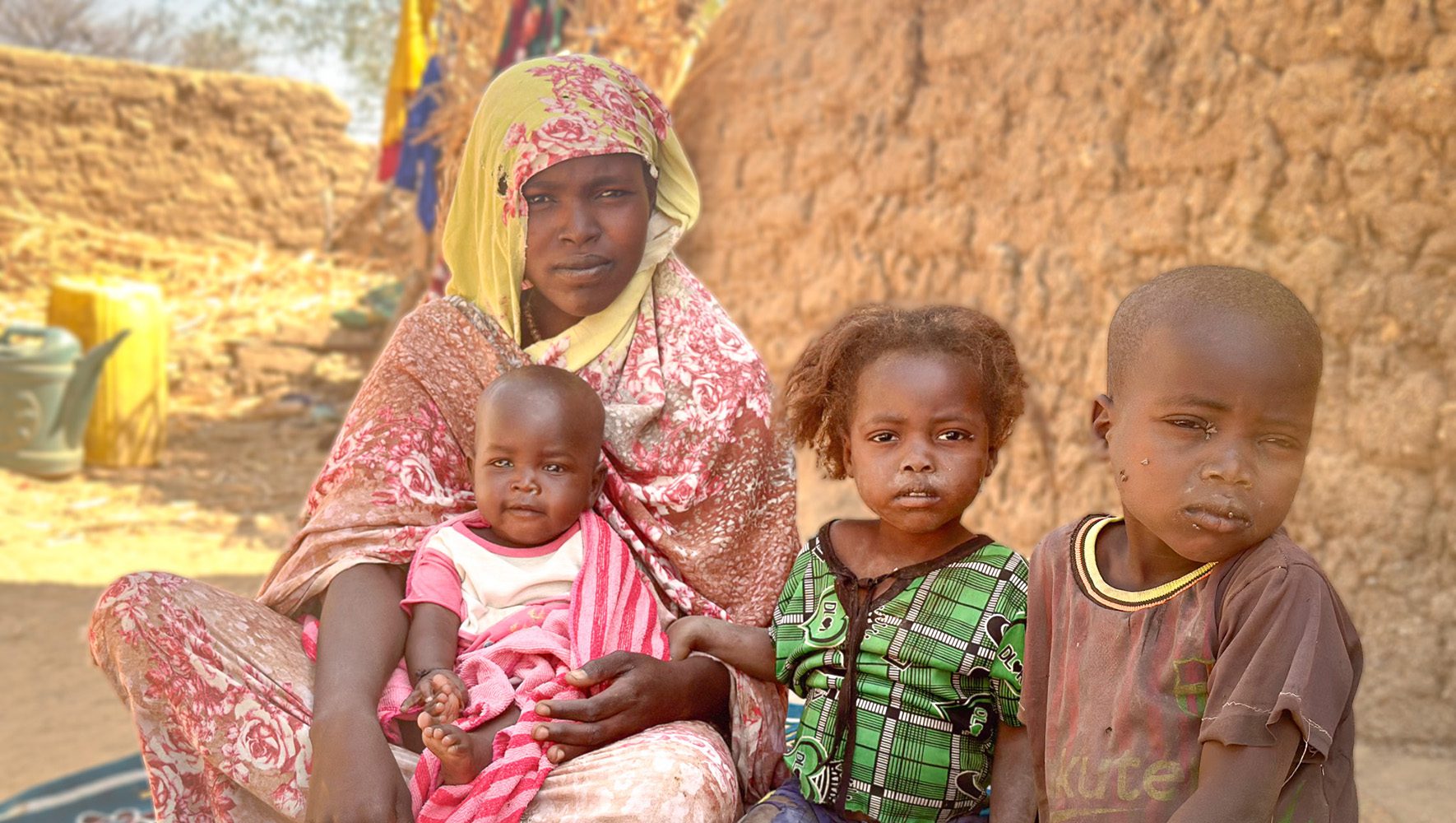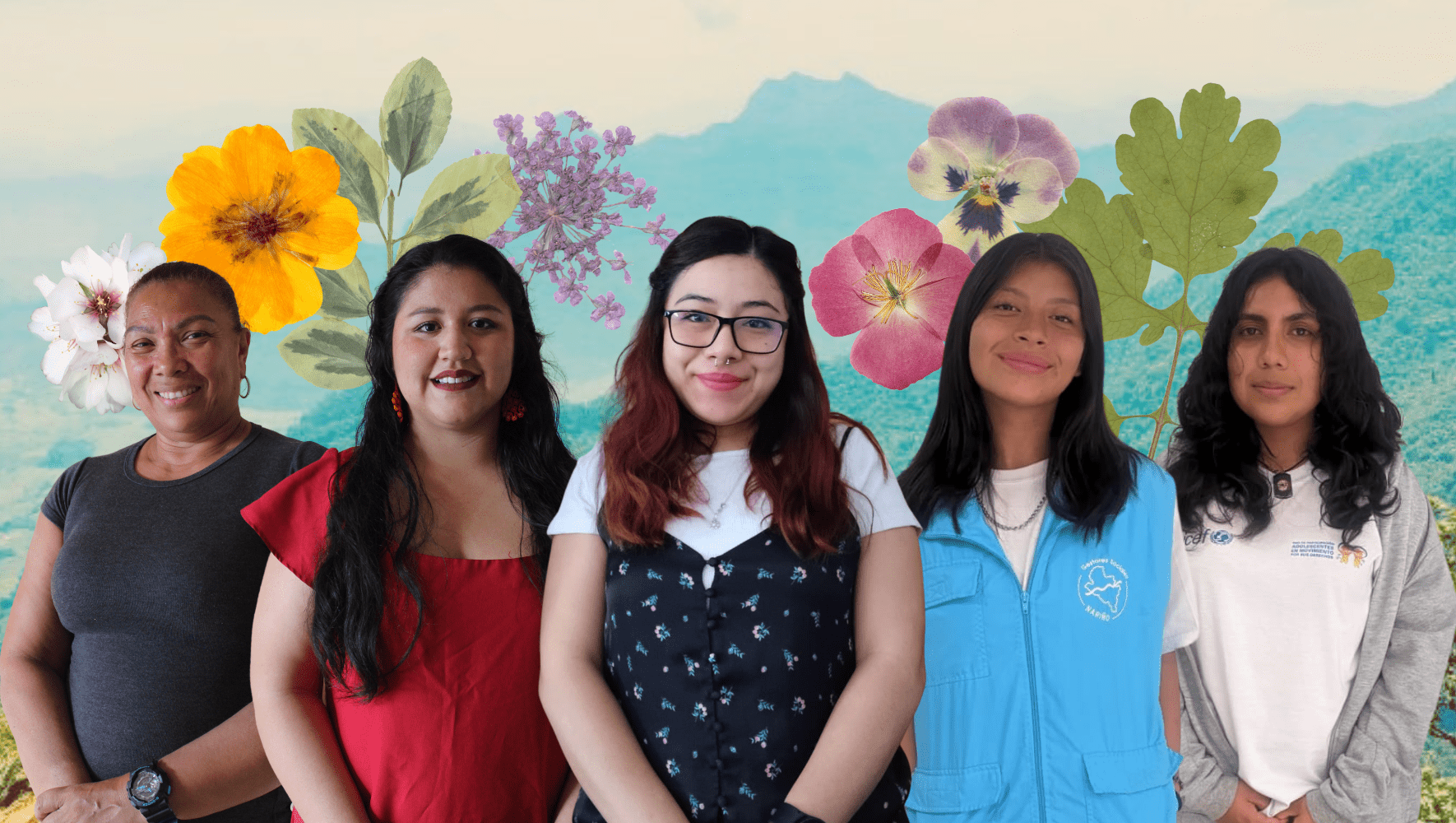When Alejandra Ortega* left Venezuela three years ago, she decided to head east. The 932 miles separating her home in Ciudad Bolivar, Venezuela, from Georgetown, Guyana, seemed like only a stone’s throw away on the map — but traveling this distance by land was far from easy. The journey by bus took her through the grasslands and the jungles of the Amazon rainforest to Brazil. From there, she made her way to the Guyana border and finally, to the capital.
Growing numbers of Venezuelan residents are making Guyana their home. The Regional Refugee and Migrant Response Plan estimated that as of May 2022, 24,500 people from Venezuela were residing in Guyana, up from 7,401 in 2013. Although the overall migrant population remains small, the challenges are significant. The Displacement Tracking Matrix surveyed Venezuelans in Guyana in 2021 and found that 75% were working in the informal economy and were concentrated in sectors with low pay and challenging working conditions.
For Ortega, a sex worker originally from Colombia, migrating alone to Guyana was challenging. Leaving her children and grandchildren behind in Venezuela — a country to which she felt a strong attachment — was very difficult, but as a single mother and the primary wage earner in her family, economic turmoil and endemic violence drove her to flee.
Ortega had been in Georgetown for just a few months when she encountered HIAS Guyana. “I signed up for a beautician course I found online, and my classmates were talking about this organization that helps migrants and refugees called HIAS. I went to visit them, and from there I started regularly going to workshops and events,” she said.
Ortega has participated in various activities, from financial literacy workshops to English classes. These resources are essential in helping refugees navigate cultural differences and language barriers in their new country.
“The English course has helped me prepare for my future goals and also to help me communicate better in my daily life,” Ortega said.
“Stumbling upon HIAS is one of the best things that has happened to me in Guyana."Alejandra Ortega
Before finding HIAS Guyana, Ortega struggled with her self-confidence and experienced periods of loneliness. Her support network was far away, and she didn’t know who to turn to.
“Stumbling upon HIAS is one of the best things that has happened to me in Guyana,” Ortega said. “I was frustrated and shy and I was scared to speak out with confidence as I feared that people would judge me. Now I feel much more self-assured.” HIAS has also provided her with peace of mind knowing that if she ever experiences violence while working with clients, she knows who to turn to.
Having the support of HIAS Guyana has helped Ortega feel hope away from home, even though her loved ones are far away. However, HIAS isn’t the only thing that Ortega loves about her new host country.
“I love the food here, it’s really delicious!” she said. “Kitchri rice with coconut milk and lentils is really good. I also love Guyanese chicken curry with roti bread.”
Ortega also finds her new home to be a place where she can speak her mind.
“At HIAS, I learned that migrants like me have rights and that we have a right to be heard,” she said. “That’s empowering.”
*Pseudonym used for client’s protection.
